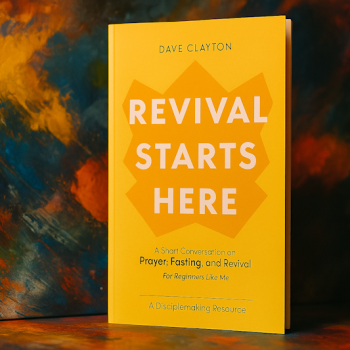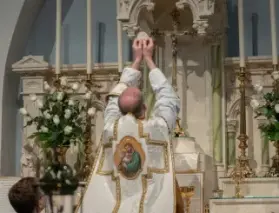A humanist memorial service provides the opportunity to remember and reflect on a whole person, both good and bad. A memorial service isn't the place to fully air grievances or long-held grudges, but it might be a time to acknowledge challenges. As Ethical Culture Leader Algernon Black wrote in his book Without Burnt Offerings, in a piece called "Three Wishes at Death": "...we would wish that those we love, those close in family and friendship, the neighbor and fellow worker, should understand what we lived for, our values and intentions, what we meant by our life at our best, seeing our faults and mistakes with understanding and generosity. We would want no eulogy or apology either."
Humanists tend to be accurate about the language they use for death and dying. Our society uses much language around death and dying that is either euphemistic or has religious meanings. To listen to or read the news media, or watch TV or movies, one might think that not many people die these days. It is reported that people have passed away, or perhaps passed. What have they passed? A life exam? In personal interactions you might hear that someone has passed over. Where have they passed over to? The implication is that they have "passed" into an afterlife, but this kind of language only indicates how many people do not want to face the fact that they will die, that we all will die.
There aren't rules for us to follow as Humanists, no set of instructions for what to do when someone dies. As always for humanists, it is up to us to select what practices and beliefs make sense to us. Sharing a death with others at a memorial service can be an important part of acknowledging this loss of life, helping us to keep living. We don't know what happens after we die, so we must give our attention to living the life we know as best we can.




